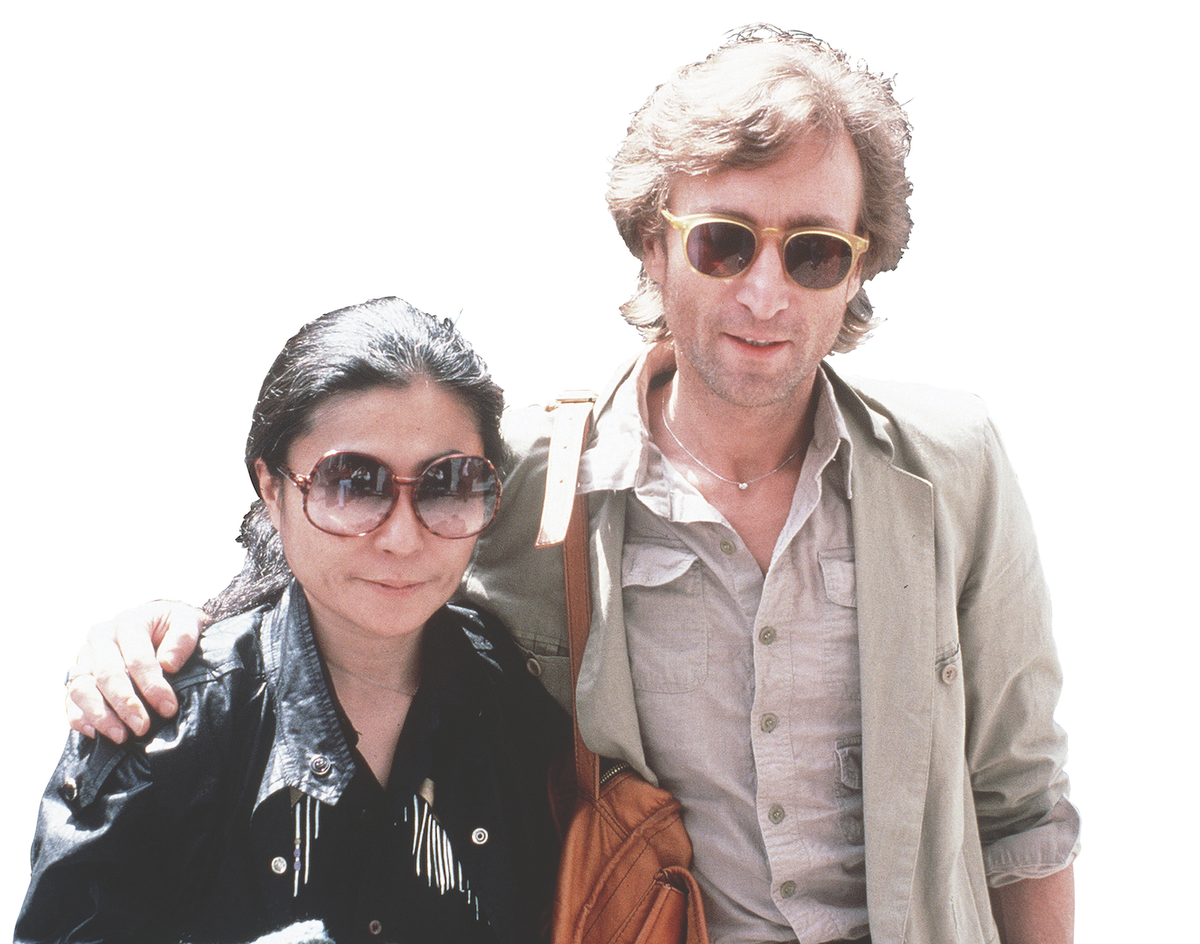Forty years ago today – Dec. 8, 1980, John Lennon – former leader of The Beatles and often referred to by American fans as “the smart one” – was gunned down by a fan with mental issues in front of his apartment building near New York’s Central Park.
While Lennon and his three Beatles cohorts had set the music world on fire in the 1960s with groundbreaking pop music, he’d spend the next decade as a solo artist, a peace activist, a family man – and fighting deportation from the U.S.
Here’s a look at highlights of the post-Beatles career of John Lennon:
MARCH 20, 1969
John Lennon and avant-garde performance artist Yoko Ono are married on Gibraltar. They fly to Amsterdam to spend their honeymoon at the Hilton, staging a “bed-in for peace” protest that receives big media coverage.
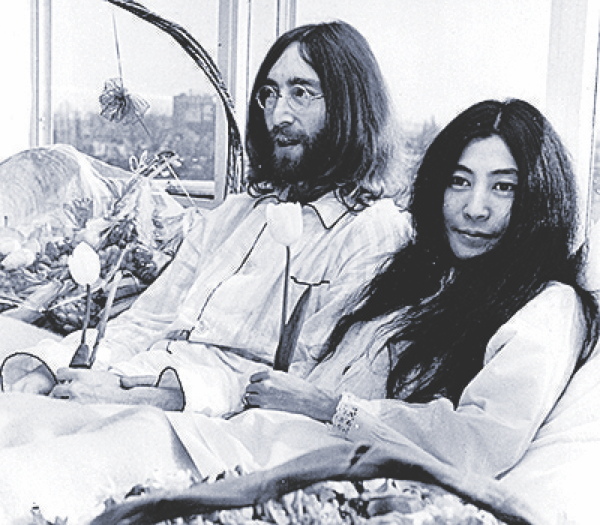
MAY 31, 1969
John and Yoko plan to fly to the U.S. for a second “bed-in” protest but are denied entry to the U.S. because of a marijuana conviction in London the previous year. They instead go to the Queen Elizabeth Hotel in Montreal, where they invite celebrity friends including Timothy Leary, Allen Ginsberg and Tommy Smothers for an impromptu recording session that results in John’s first solo single, “Give Peace a Chance,” credited to the Plastic Ono Band.
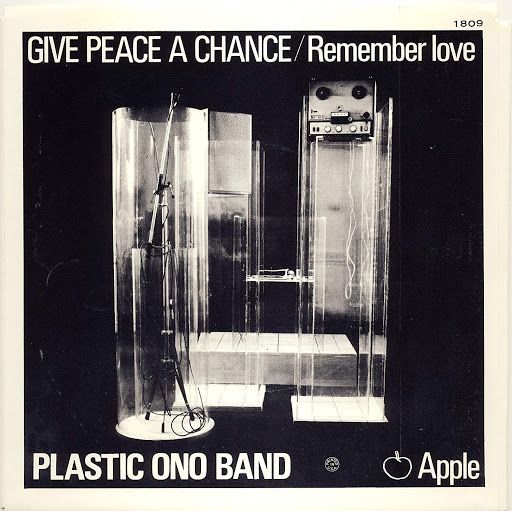
FEB. 6, 1970
John’s third single, “Instant Karma!” – produced by famed 1960s-era music producer Phil Spector – is released in music stores, just 10 days after John wrote it. It would go on to peak at No. 3 on the Billboard Hot 100 singles chart.
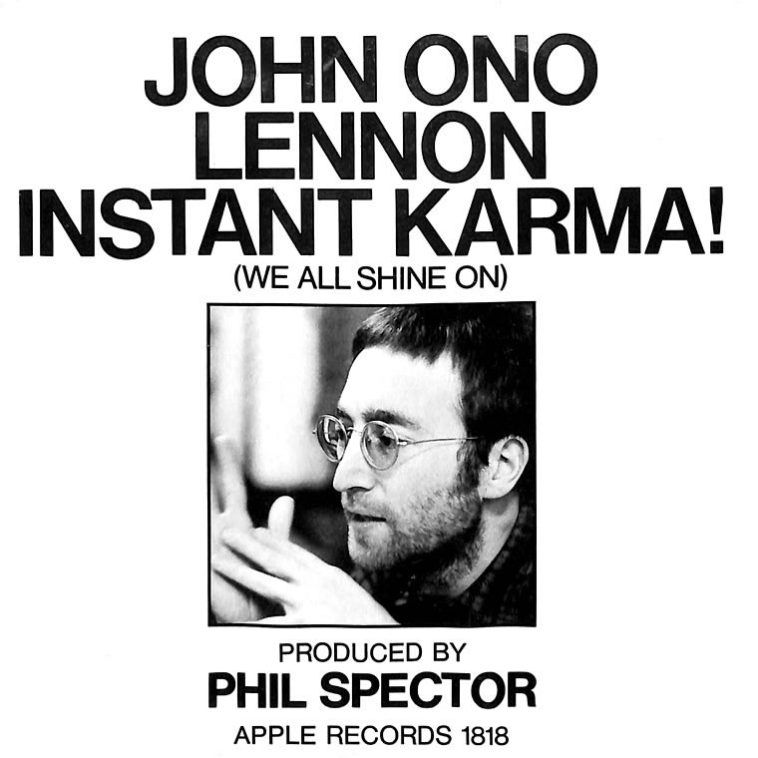
APRIL 9, 1970
Paul McCartney, preparing to release his first solo album, announces the Beatles will not record together again. John had, in fact, informed his fellow Beatles back in September of his intention to leave the band.
DEC. 11, 1970
John’s first solo album – “John Lennon/Plastic Ono Band” – is released with songs heavily influenced by John and Yoko’s infatuation with primal scream therapy. The album peaks at No. 6 on the Billboard 200 album chart.
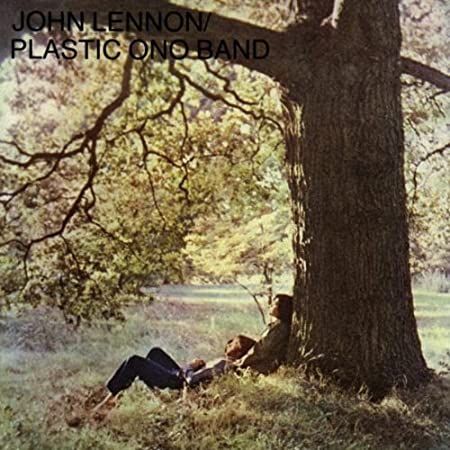
MAY 27, 1971
John records his latest composition, “Imagine,” on a white baby grand piano in his home studio at Tittenhurst Park in southwest London. Lennon would later say he considered this his strongest work since leaving the Beatles. A single, released on Oct. 11, would peak at No. 3.
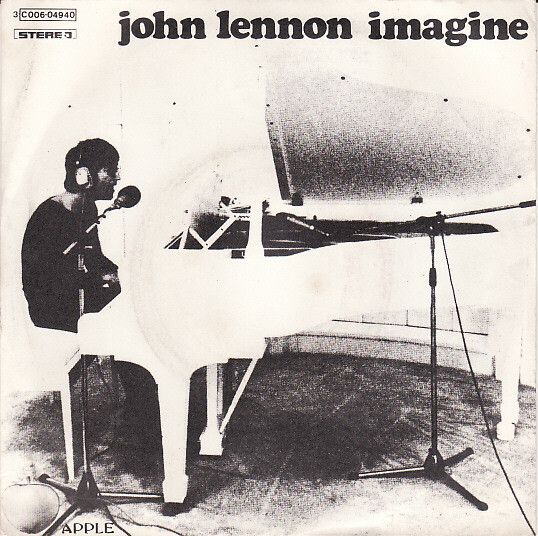
DEC. 1, 1971
John and Yoko’s mashup of a Christmas song and an anti-war anthem, “Happy Xmas (War is Over),” is released in the U.S. The children singing in the background near the end of the song are members of the Harlem Community Choir. Because of a dispute over publishing rights, the single won’t be released in the U.K. until November 1972.
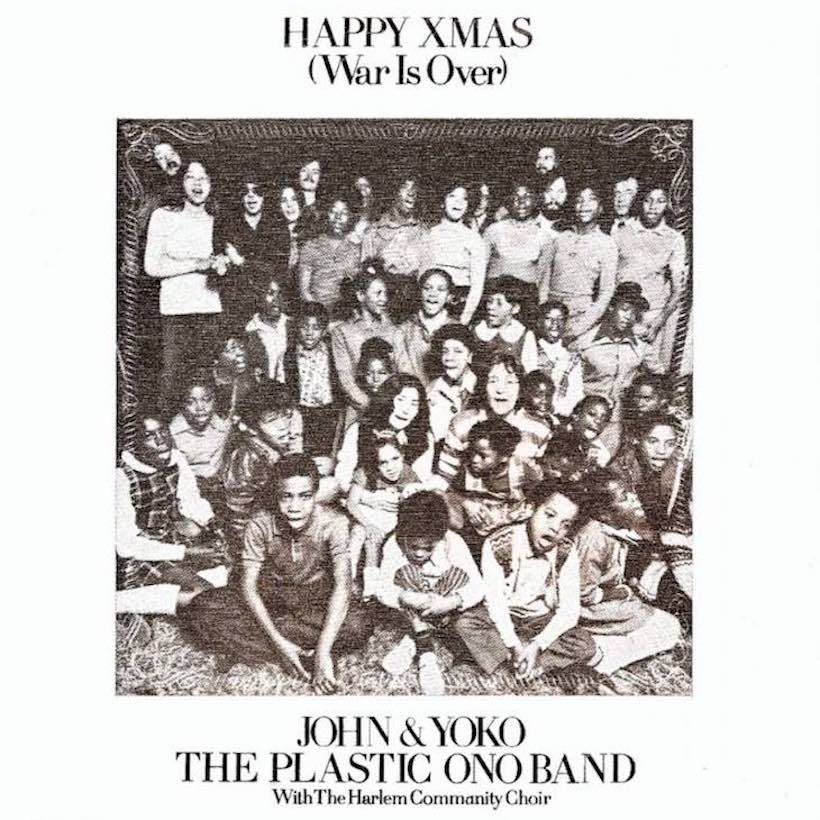
FEB. 4, 1972
U.S. Sen. Strom Thurmond tells Attorney General John Mitchell that John should be deported because he opposes the war in Vietnam and associates with known radicals such as Jerry Rubin and Abbie Hoffman. This sets off a four-year court battle to fight deportation.
APRIL 1973
John and Yoko buy an apartment in the Dakota Building on Central Park West and West 72nd Street. They will eventually buy five more: One to use as a home studio, two for storage and two to use as guest apartments.
OCTOBER 1973
John and Yoko agree to separate, kicking off an era of John’s life he’d later call his “lost weekend” – which actually would last 15 months. John moves to Los Angeles, works with George Harrison on a track for Ringo Starr’s solo album “Ringo,” goes on occasional drinking binges and lives with May Pang – John and Yoko’s former personal assistant who Yoko had asked to become John’s lover.
NOV. 16, 1974
John’s next single, “Whatever Gets You thru the Night” – featuring keyboards and vocals by Elton John – hits No. 1 in the U.S. During the recording session, Elton had bet John the recording would become John’s first No. 1 hit.
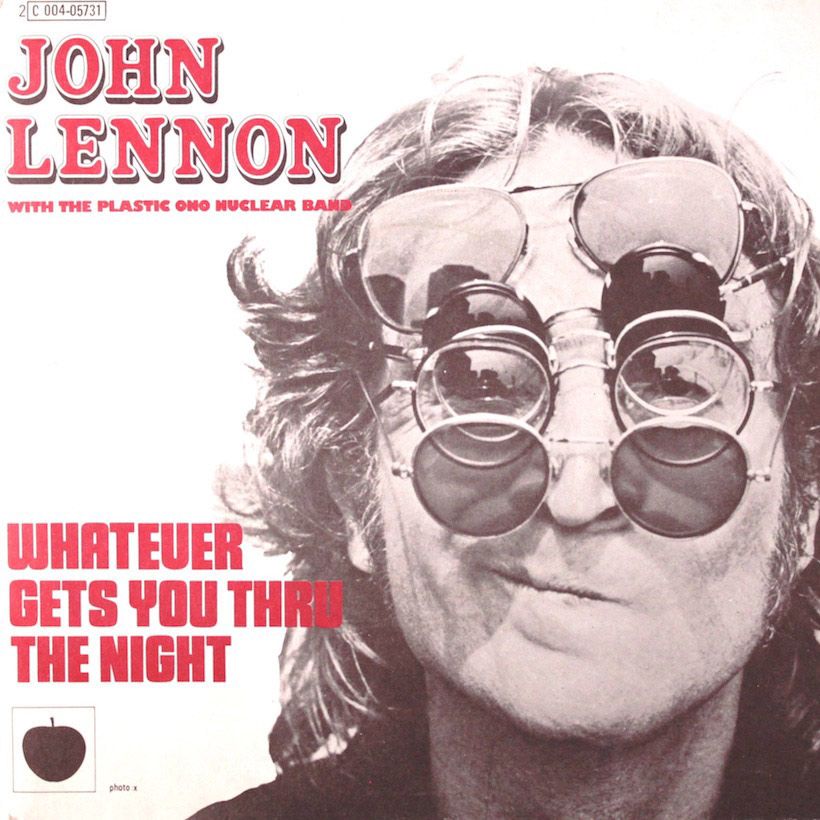
NOV. 28, 1974
John pays off that bet by appearing during the encore of an Elton John’s concert in New York’s Madison Square Garden. They play three songs – “Whatever Gets You thru the Night” and “Lucy in the Sky With Diamonds” – and then finish with what John tells the audience is “a number of an old, estranged fiancé of mine, called Paul. This is one I never sang.” Elton John later uses this recording of “I Saw Her Standing There” as the B-side of his single “Philadelphia Freedom.”
JAN. 1975
John and Yoko reunite. John moves back into their apartment at the Dakota.
OCT. 5, 1975
The U.S. Court of Appeals overturns the order to deport John and Yoko. Four days later, Yoko gives birth to their son, Sean Ono Taro Lennon.
APRIL 24, 1976
“Saturday Night Live” producer Lorne Michaels performs a comedy bit in which he offers the Beatles $3,000 to reunite on his show. What Michaels didn’t know: Paul was visiting John at that very moment in John’s apartment at the Dakota – within walking distance of NBC studios. They talk about walking down the street to pop in on the live broadcast, just for laughs but then choose not to: They’re just too tired.
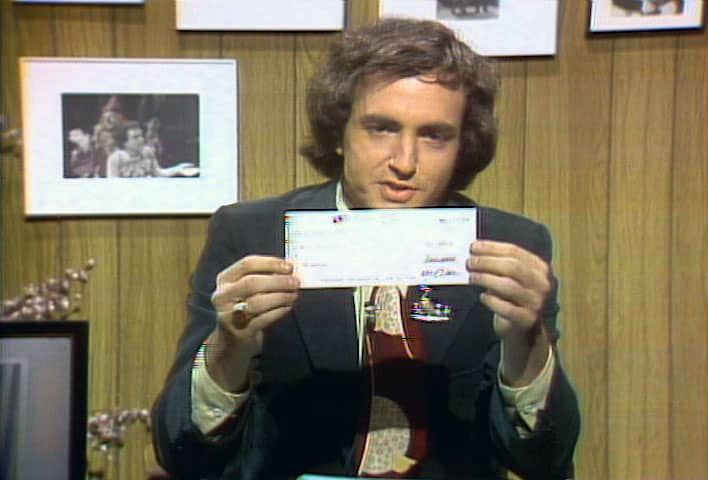
JULY 26, 1976
John's application for a permanent U.S. resident “green card” is approved.
1975-1980
Part of John‘s agreement with Yoko when Sean was born was that Yoko would take over as the primary breadwinner of the family and that John would step away from the music business and become a “househusband,” handing all the domestic chores and raising Sean. For nearly five years he does that.
JUNE 1980
John embarks on a sailing trip to Bermuda. He is inspired to begin writing songs again. He also finds that Yoko has resumed writing songs, composing material he finds similar to “new wave” material like that of the B-52s.
AUG. 7, 1980
John and Yoko begin recording what would become their “Double Fantasy” album in New York’s Hit Factory studios. The concept for the new album: Alternating songs by John and Yoko. They keep their work secret until Sept. 22, when music producer David Geffen signs them to a contract – without having yet heard any of the new material.
OCT. 20, 1980
The first single from the new album, John’s “(Just Like) Starting Over,” is released 11 days after John’s 40th birthday. The album itself is released on Nov. 17.
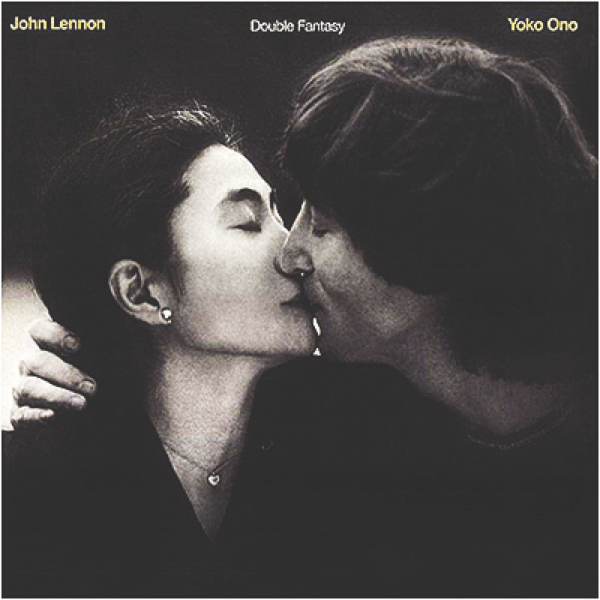
DEC. 8, 1980
While returning from another recording session, John is shot and killed by a fan outside the Dakota. John had turned 40 two months earlier. Earlier that day, John had signed a copy of “Double Fantasy” for that same fan. Howard Cosell interrupts that night‘s Monday Night Football game between the New England Patriots and the Miami Dolphins to announce John’s death to viewers. On Dec. 27, “(Just Like) Starting Over” would hit No. 1 on the Billboard singles chart.
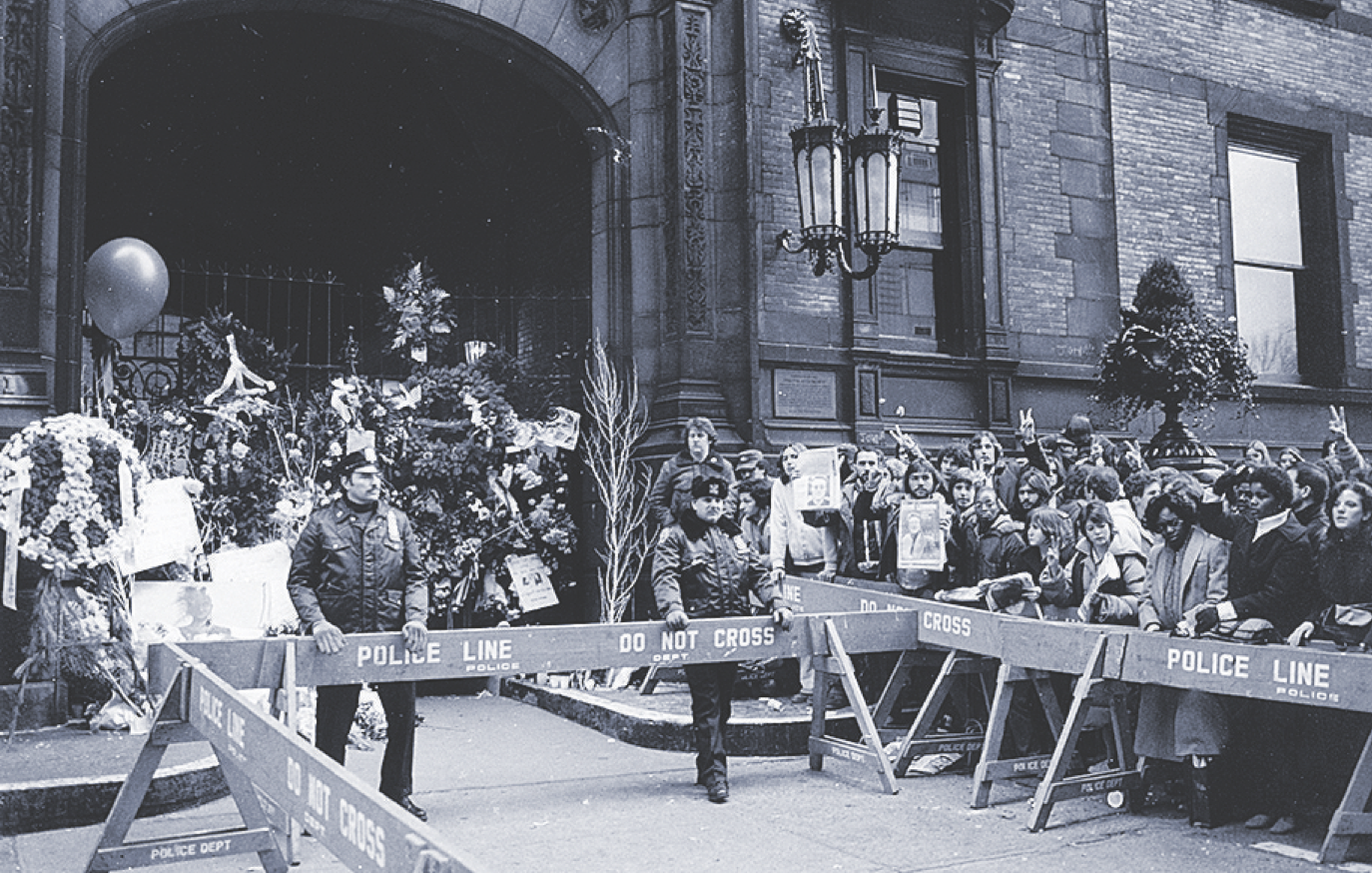
JAN. 19, 1994
John is inducted into the Rock and Roll Hall of Fame as a solo artist.
DEC. 12, 1995
As part of their retrospective “Anthology” project, the surviving Beatles take some of John‘s home cassette recordings of songs in progress and add their own music and voices to create the first new official Beatles songs in 25 years. “Free As a Bird” hits No. 6 on the Billboard singles chart and “Real Love” – released the following March – will peak at No. 11.
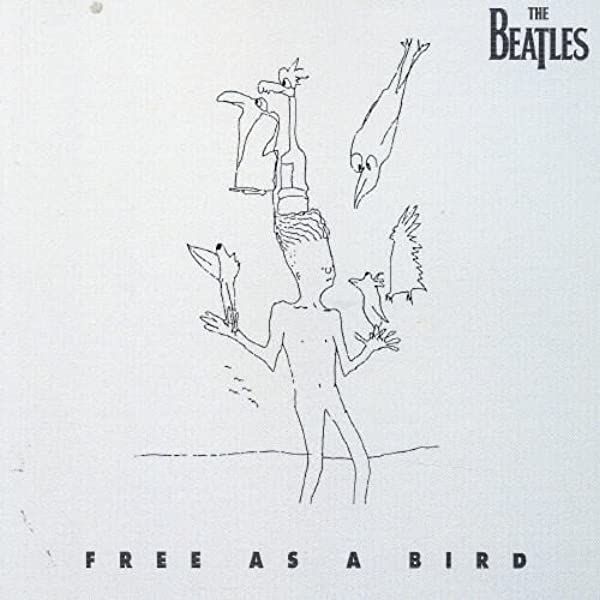
OCT. 6, 1997
After 14 years of fighting in various courts, historian and journalist Jon Wiener is successful in winning the release of FBI records of its early 1970s-surveillance of John and Yoko. The U.S. Justice Department would hold out on releasing 10 documents – that it considered to still be secret – until 2006.

